Energy
Experts express worries over N1.84 loan as oil prices drops below $33 pb
Published
10 years agoon
By
Olu Emmanuel
…says 2016 budget is ambitious
By Odunewu Segun
Mixed reactions are already trailing the 2016 budget estimates presented by President Muhammadu Buhari to a joint sitting of the National Assembly last week, especially with the falling of oil prices from $38 per barrel which the budget was based to $31 per barrel.
Experts argued that the budget could take Nigeria back to one of the heavily indebted country in the world because over a trillion naira is earmarked to pay and service existing debt. The debt if not properly managed, experts argued could result to a deeper financial crisis for the country.
There is however a general feeling that Nigeria’s accumulating debts in geometric proportions while its ability to repay is not growing as fast could further harm the economy; especially with a huge deficit of N2.22 trillion that is over one third of the overall revenue.
The N.6.08 trillion budget estimates which comprises of recurrent expenditure of N2.65 trillion and capital expenditure of N1.8 trillion is based on projected revenue of N3.86 trillion and deficit of N2.22 trillion. The deficit, according to President Buhari is to be financed through domestic borrowing of N984 billion, and foreign borrowing of N900 billion, totaling N1.84 trillion.
While some experts express reservations on the aspects that seek to borrow money to finance part of the budget at this critical when the country is facing financial crisis, others opined that it is a normal practice but expresses doubts about the implementation.
Reacting to the budget proposal, Managing Directives Company, Bismarck Rewane noted that the capital expenditure of N1.8 trillion may not be achieved if the government fails to achieve the projected revenue. “The budget clearly acknowledges current inadequacies in the supply of foreign exchange to Nigerians and its impact on traders and business operators who are hugely reliant on imported inputs. It also went as far as assuring Nigerians and foreign investors that the Central Bank of Nigeria will incorporate some flexibility to its foreign exchange management which will encourage additional inflows of foreign currency,” he said.
“If we are deviating from over dependence on income from crude oil which its budgetary base price of 38 dollar per barrel has slumped to 36 dollar even before the approval by the National Assembly, it stands to reason that there are many rivers to cross in order to realize the potential benefits embedded in the budget.”
Emeka Okolo, Managing Director, Molten Trust Limited said he has no problem with the government borrowing but rather the implementation of the 2016 budget to the letter. “I know that some will say that the main issue is that borrowing is too much, borrowing is not the issue. The main issue is to use the borrowing for what it is meant for, that is the bottom-line. If they can implement it faithfully, that is okay.”
In the budget, N115 billion was allocated to the National Assembly besides N60 billion allocated for constituency projects. The government also plans to spend N20 billon on the Presidential Amnesty Programme which include stipends and allowances of 30,000 Niger Delta Ex-militants- N7.875 billion; Operational cost- N1. 834 billion; Reintegration of transformed ex-militants- N10.291 billion.
Furthermore, the Federal government allocated N200 billion for special capital projects, and N20 billion as sinking Fund for Infrastructural Developments. The budget also contained N5.5 billion to be paid to state governments for repairs of federal roads, while local contractors are to be N5.5 billion.
For Hugo Aigboje of Capital Bancorp Plc, the 2016 budget is very positive if it is faithfully implemented and can bring about economic prosperity. “Nigeria’s problem is not about budgets, but about the implementation process,” he said.
However, David Adonri, Managing Director of Highcap Securities Ltd said the budget is ambitious’ “ The budget appears to me to be over ambitious because the crude oil revenue is dwindling very fast and the forecast is that it will dwindle further. Judging by the revenue the government collected since June up to date, the revenue has dwindled and allocation to States has also dwindled, I don’t see the reason why the budget should be higher than last year’s budget.
According to Adonri, meeting the revenue target is going to be a problem because revenue from crude oil sales is less than N1 trillion, and then the non-oil revenue which is about N1.5 trillion appears to be over ambitious. He said government’s plan to realise N350 from monies that will be recovered from corrupt politicians is clouded in uncertainties.
On the controversial issues of borrowing, acting President, Chartered Institute of Stockbrokers, CIS, Mr. Oluwaseyi Abe advised the federal government to focus on the Nigerian capital market for its borrowings. “The budget as presented by President Muhammadu Buhari is good for the country as it is reconstructive and meant to revive the economy. With the price of crude oil at about N38, the focus should be on capital market growth and formation to provide the needed fund to finance infrastructure.”
As for Dr. Frank Jacobs, President Manufacturers Association of Nigeria, the budget looks promising, especially the part that empowers entrepreneurs.
Minister of Budget and National Planning, Mr Udoma Udo Udoma explained that the need to increase the investment on infrastructure as a way to revive the economy was highly considered in developing the 2016 budget.
He assured Nigerians that the implementation of the 2016 budget would be different as there is a new budget planning and implementation strategy designed to ensure constant monitoring on a monthly basis.
Audu Ogbe, Minister for Agriculture said what excites him more about the 2016 budget is the fact that it considered the job issue for young people and the return of teacher training colleges in the local governments.
“That is probably the biggest change that this government has announced and Nigerians will see the difference,” he promised.
On the back of the President’s emphasis on diversification and the role expected of the Agricultural sector, Mr. Ogbe promised “increased support in seed, training, extension services, post-harvest management and bigger overseas market for their produce.
According to the Minister of Labour and Productivity, Dr. Chris Ngige, the 2016 budget as presented by President Muhammadu Buhari would create more jobs for the youths. “We will give employment that will be decent. For example, one of the programmes we are going to execute is the conversion of graduates into the teaching cadre. We’ll give them training after Youth Corps, 1-year post Youth Corps, 2-year post Youth Corps, that is the bar and we will start form there; get them into teaching.”
You may like
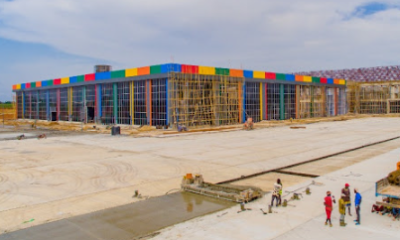

Flight operations at Ebonyi’s Chuba Okadigbo Airport set to begin in November
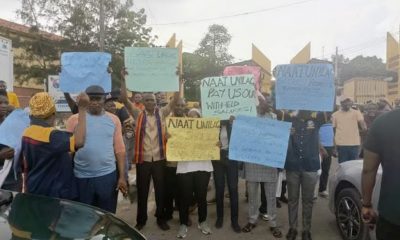

SSANU, NASU members block UNILAG gate over withheld salaries
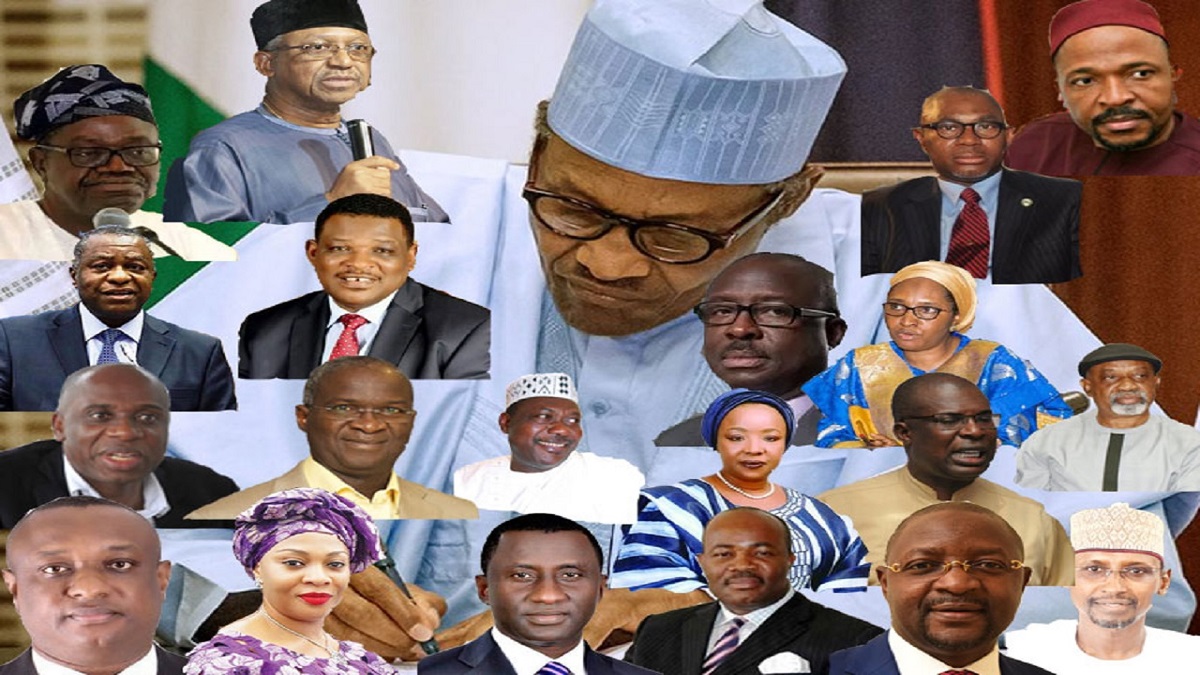

The costly impotence of Buhari’s presidency
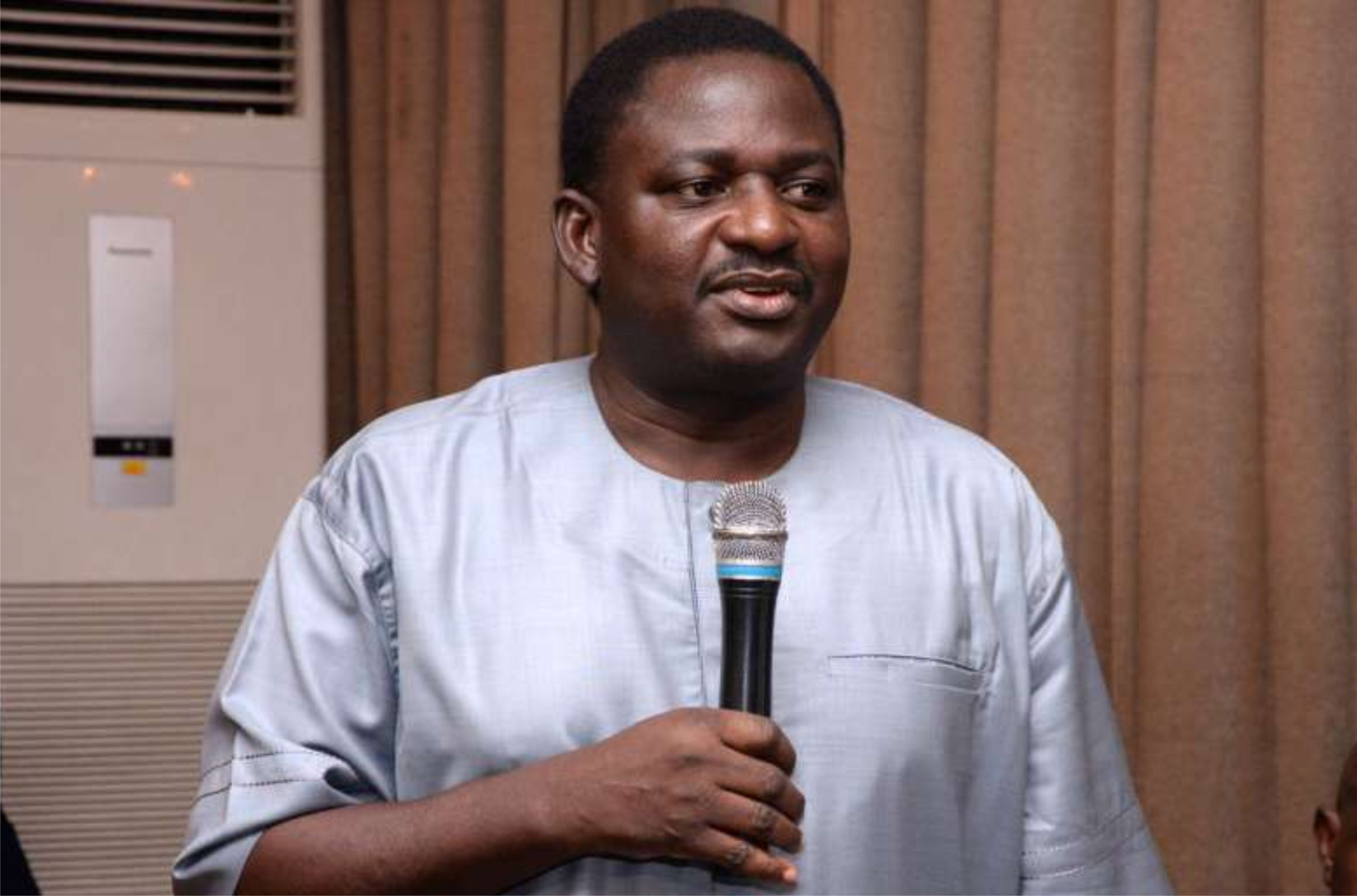

FG did not suspend removal of fuel subsidy because of 2023 elections – Femi Adesina


President Muhammadu Buhari on why he didn’t sign the electoral bill passed in NASS
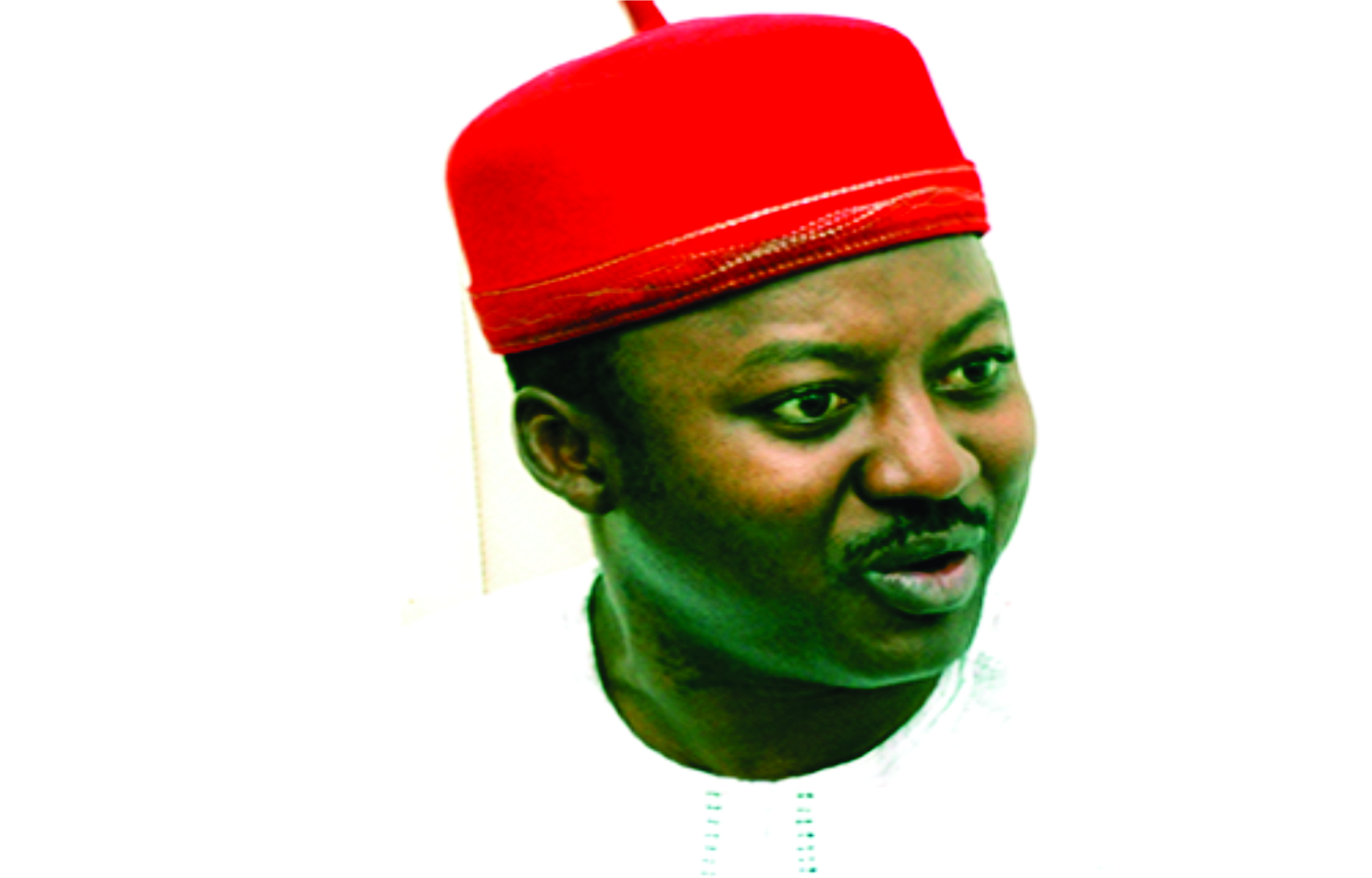

Buhari’s six years’ score card horrible, failed in all sectors – Onovo
Trending

 Health5 days ago
Health5 days agoDeclassified CIA memo explored concealing mind-control drugs in vaccines

 Entertainment7 days ago
Entertainment7 days agoSimi addresses resurfaced 2012 tweets amid online backlash

 Crime5 days ago
Crime5 days agoSenior police officers faces retirement after Disu’s appointment as acting IGP

 Education7 days ago
Education7 days agoPeter Obi urges JAMB to address registration challenges ahead of exams

 Health7 days ago
Health7 days agoNAFDAC issues alert on suspected revalidated SMA Gold infant formula

 Comments and Issues6 days ago
Comments and Issues6 days ago20 Critical Fixes to Save Nigeria’s Democracy from Electoral Fraud

 Football6 days ago
Football6 days agoMartínez ruled out of Everton clash with calf injury

 Latest6 days ago
Latest6 days agoICPC yet to respond to El-Rufai’s bail request as arraignment date looms

